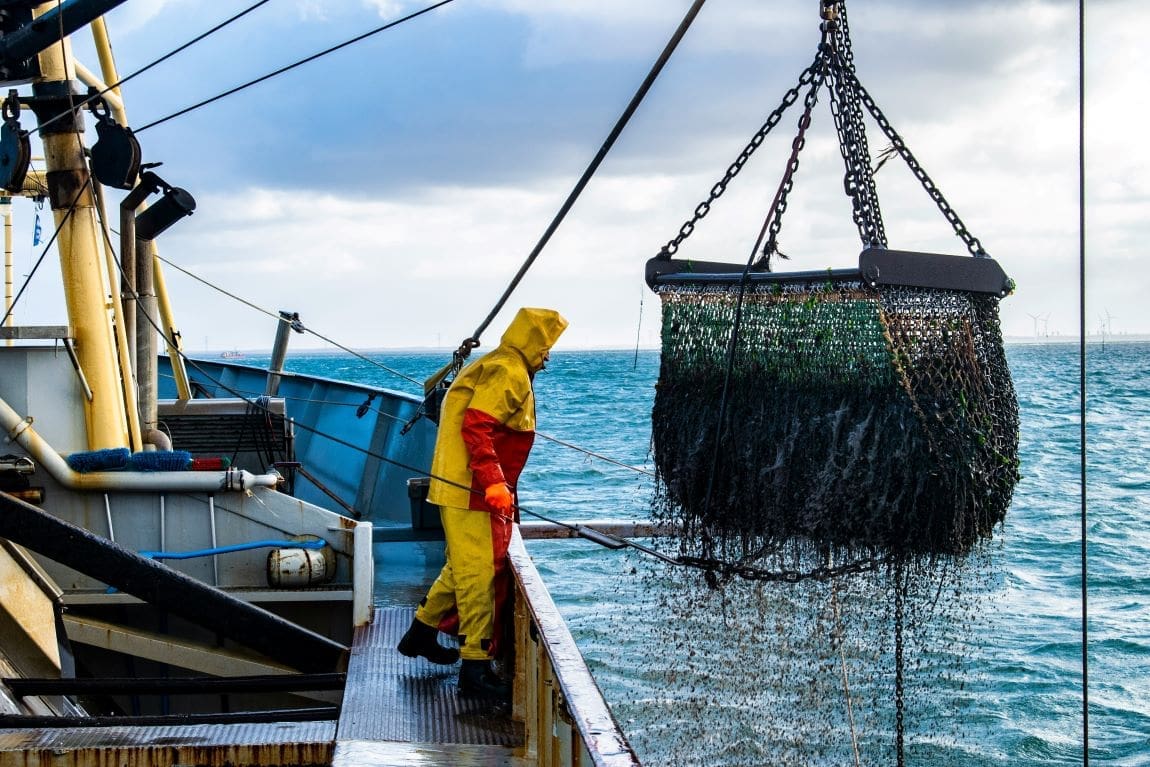Millions of women employed in the global fisheries industry are being sidelined as new technologies, designed to counter the effects of climate change and economic pressures, are implemented. A new study from the University of East Anglia (UEA) highlights the challenges faced by women in post-harvest fisheries and aquaculture, where they make up 50% of the workforce but remain largely invisible and underpaid.
The study, titled ‘A systematic review of the impact of post-harvest aquatic food processing technology on gender equality and social justice’, was published today in Nature Food. It explores how technological advancements in post-harvest processing are affecting gender equality in the fisheries sector.
Fisheries and aquaculture are vital for the livelihoods, food security, and nutrition of some of the world’s poorest populations, directly supporting 67 million people and indirectly affecting 492 million others. Despite this, over a third of the global fisheries and aquaculture harvest is lost or wasted, making technological innovations in post-harvest processing crucial. However, as these technologies develop, the study warns they may inadvertently deepen existing gender inequalities.
Prof. Nitya Rao, lead author and UEA Professor of Gender & Development, emphasized the review’s intent to understand the social implications of these technological changes. “Given the large number of people, particularly women, engaged in post-harvest activities globally, this review sought to better understand how processing technology and technical change have impacted those engaged in this sector, and how labour, resources, power, and decision-making are influenced and change in this process,” Rao said.
The research found that women are disproportionately disadvantaged across both traditional and advanced technologies, particularly in terms of resource control and access to social protections like minimum wages, health insurance, housing, and transport. As businesses expand and adopt more capital-intensive technologies, women often experience reduced agency and fewer equitable outcomes due to constraints such as limited resources, education, and entrenched social norms.
In larger, factory-based settings with advanced technologies, women and migrant workers typically occupy lower-status, temporary, and lower-paid roles. These jobs are often culturally stereotyped as ‘women’s work’ and come with significant occupational hazards and limited access to worker rights or managerial positions. The stark divisions of labor, reinforced by social norms, leave women with less power and control over resources, even in traditional settings that might offer more flexibility but less productivity.
The trade-off between enhanced productivity, income, and gender equality is a recurring theme in the study, particularly regarding women’s control over resources and decision-making power.
Dr. Julie Bremner, co-author and researcher at the UK Centre for Environment, Fisheries, and Aquaculture Science, highlighted the importance of addressing these issues as demand for aquatic products grows. “Sustainability of these foods depends not just on their environmental and economic footprints, but also on their social equity footprint,” Bremner stated. “Our review shows there is a way to go yet on the equity element, but there are opportunities waiting to be grasped.”
The research makes several recommendations for improving gender equality and social justice in the fisheries sector. Policymakers are urged to take a holistic approach that includes the entire aquatic food system, from capture fisheries and aquaculture to post-harvest processing, storage, and consumption. The study also calls for more rigorous and comparative research to understand the impacts of different technologies on various demographic groups, and it stresses the importance of including diverse voices – especially those of women and migrant workers – in policymaking and investment decisions.
The research team, comprising members from UEA and the Norwich Institute for Sustainable Development, reviewed 42 studies from 55 locations worldwide, including India, Bangladesh, Cambodia, the Philippines, Japan, Canada, the USA, Mexico, Brazil, Norway, Ghana, Nigeria, Tanzania, and Zambia.
Journal Reference:
Rao, N., Hooper, L., Gray, H., Bremner, J., et al. ‘A systematic review of the impact of post-harvest aquatic food processing technology on gender equality and social justice’, Nature Food (2024). DOI: 10.1038/s43016-024-01034-6
Article Source:
Press Release/Material by University of East Anglia
Featured image credit: Paul Einerhand | Unsplash




